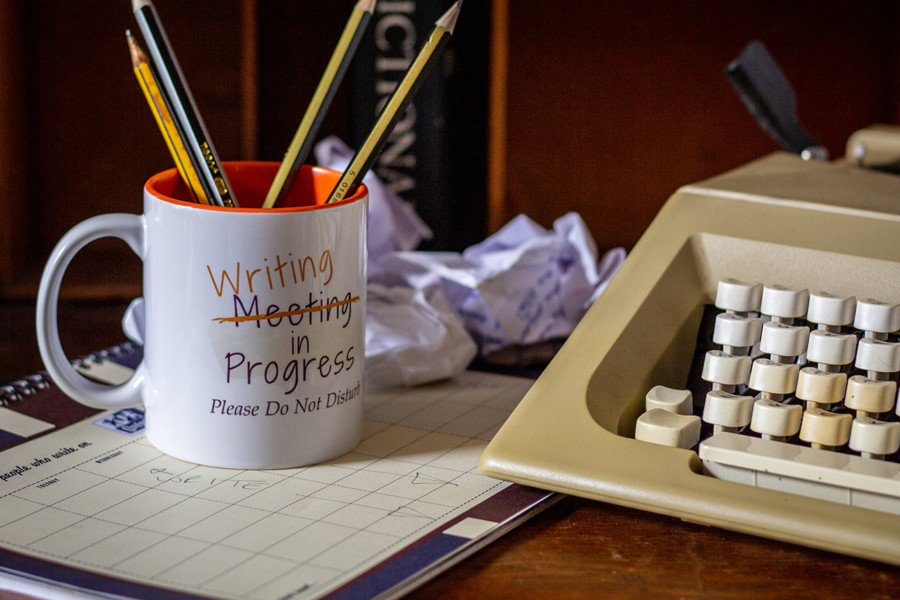“I really hate writing conclusions. I am writing something now and I am very tempted to write the following as my conclusion: I wrote, I argued, it has finished. You can stop reading now. Thank you.” — (via Bluesky January 2024) This is a very common sentiment. I have seen it numerous times on social […]
Read More »reading
Managing your energy.
This post was originally written during a time when many universities and workplaces had shifted to remote work in response to the COVID pandemic. Although circumstances have now changed for many people, much of what I say in this post still applies. Jo VanEvery, Academic Career Guide · Managing your energy The academic year varies […]
Read More »What does advice for readers mean for you as a writer?
These 2 pieces of advice for (student) readers came across my virtual desk: How to read a book, v5.0 by Paul N. Edwards, School of Information, University of Michigan Reading with purpose by Michael Newman, Associate Professor of Media Studies, University of Wisconsin-Milwaukee, writing in University Affairs. Both are making similar points. Student readers of […]
Read More »Just because it doesn’t feel productive…
A couple of my clients are working on writing projects right now. And some weeks, their updates are less than enthusiastic. They are discouraged by their progress.
Here’s a different angle on reading that doesn’t feel like real research.
You might spend a lot of time reading with a particular project in mind only to discover that nothing you read is going to end up in what you are writing.
Although that feels like you wasted several hours reading stuff you didn’t need to read, it was actually time well spent.
Read More »What is “research”?
Jo VanEvery, Academic Career Guide · What is research? In early 2012, Rohan Maitzen published a few very thoughtful posts about: what counts as research the apparent conflict between research and teaching and related issues. One of these, “When is Reading Research?“, really highlights some of the underlying issues. “When we talk about “doing research,” I […]
Read More »Diagnosing student feedback
Students think the textbook is boring. They come to class unprepared. They haven’t done the reading and/or they don’t have anything meaningful to add to discussion. Then they complain about their grades. It’s easy to complain about the state of young people today and how they seem to think that what you assume are basic […]
Read More »










